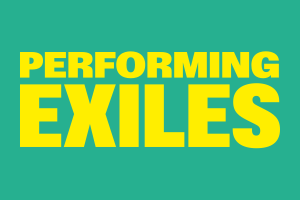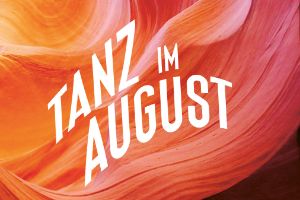
Milo Rau © IIPM Thomas Müller
Milo Rau
Milo Rau was born in Bern in 1977 and studied sociology, German and Romance philology in Paris, Zurich and Berlin; his teachers included Tzvetan Todorov and Pierre Bourdieu. He went on his first reporting journeys to Chiapas and Cuba in 1997 and started writing for “Neue Zürcher Zeitung” in 2000. Since 2003, Milo Rau has been working as an author and director, both in Switzerland and abroad. In order to produce and interpret his work, he founded the theatre and film production company “IIPM – International Institute of Political Murder” in 2007, and has been its director since then. His theatre productions and films (among them “The Last Days of the Ceausescus”, “Hate Radio”, “City of Change”, “Breivik’s Statement”, “The Moscow Trials”, “The Civil Wars”, “The Dark Ages”, “The Congo Tribunal”) have toured more than 30 countries and were presented at numerous international festivals, such as Berlin Theatertreffen, Festival d’Avignon, Wiener Festwochen, Festival Trans-Amériques, Kunstenfestivaldesarts Brussels and Biennale Teatro di Venezia. Aside from his work in film and theatre, Milo Rau teaches directing, cultural theory and social sculpture at universities and art academies. Recent awards for his work include the Swiss Theatre Award 2014, the Hörspielpreis der Kriegsblinden (Audio Play Award of the War-Blinded, for “Hate Radio”), a special award at the Festival of German Film (for “The Moscow Trials”) and the jury award of the festival “Politik im Freien Theater” (Politics in Independent Theatre, for “The Civil Wars”). In November 2015, Milo Rau was distinguished with the first “Konstanzer Konzilspreis. Preis für Europäische Begegnungen und Dialog“ (Award of the Council of Constance). His political essay “Was tun? Kritik der postmodernen Vernunft” was chosen as the “Political Book of the year 2016” by the German daily newspaper “taz – die tageszeitung”. In 2016, Milo Rau became the youngest ever recipient of the renowned “World Theatre Prize of the International Theatre Institute”.
As of April 2017
